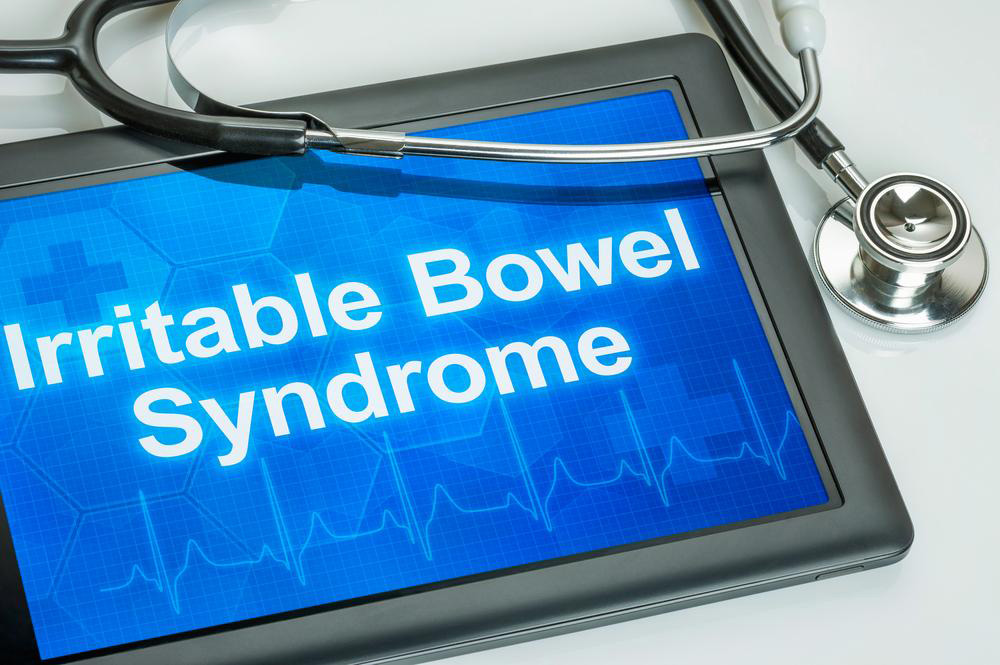Understanding IBS: Symptoms, Treatments, and the Role of Probiotics
This article explores Irritable Bowel Syndrome (IBS), its symptoms, and the beneficial role of probiotics in managing the condition. It discusses dietary considerations, probiotic sources, and the importance of medical consultation to tailor treatment strategies. Emphasizing a natural approach, the piece highlights how probiotics can restore gut balance, reduce symptoms, and improve digestive health with minimal risks. It serves as a comprehensive guide for individuals seeking alternative or complementary options for IBS relief under professional supervision.

Understanding Irritable Bowel Syndrome
Irritable Bowel Syndrome (IBS) is a common digestive disorder that affects bowel habits and can lead to various health issues. It often manifests through symptoms like constipation, diarrhea, stomach cramps, and bloating. While multiple treatments exist, increasing attention is given to probiotics for symptom relief. These beneficial bacteria help maintain gut health by balancing intestinal flora. Incorporating probiotic-rich foods or supplements may reduce IBS episodes. Always consult a healthcare professional before starting probiotic therapy to ensure suitability and safety tailored to your needs.
Probiotics, often called "friendly" bacteria, support immune health and help control harmful bacterial growth in the gut. A balanced bacterial environment in the intestines is key to preventing or managing IBS. An imbalance, favoring bad bacteria, can lead to digestive issues and other health problems. Including probiotic supplements or fermented foods like yogurt and sauerkraut can promote digestive health. Avoid foods high in soluble fiber such as legumes, oats, and certain fruits, which may aggravate IBS symptoms.
Choosing the right probiotic strain can be challenging. It's advisable to discuss options with your healthcare provider for personalized recommendations. Probiotic foods like fermented dairy and vegetables naturally contain beneficial bacteria, supporting gut function and overall well-being. Since IBS symptoms can be persistent, probiotics might offer long-term relief without significant side effects. Always seek professional guidance before starting any probiotic regimen, especially if immune concerns exist or if initial strains don’t provide expected benefits.










